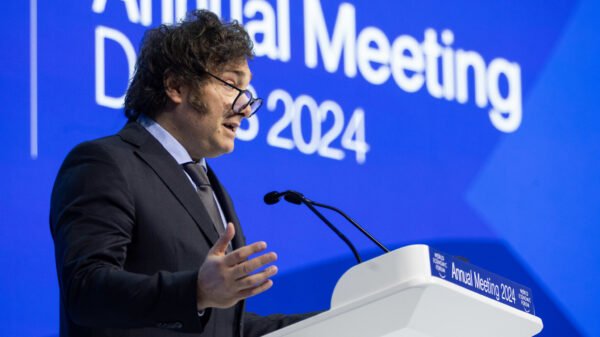As sad as it might seem, no one should be all that surprised of the violence in Argentina that ensued after their national team was unable to win the 2014 World Cup final. Riot police were forced to unleash rubber bullets and discharge tear gas in attempts to subdue protesters taking the country’s lose way too seriously. The violence began when thousands of Argentines gathered at the iconic Obelisk in downtown Buenos Aires.
The gathering started peacefully enough, with fans expressing support for their team’s best performance in almost a quarter of a century. Police originally kept their presence to the outskirts of the mob, but eventually found themselves chasing after vandals who had showed up in the crowd. Soon many of the youths who had gathered began slinging rocks, breaking into stores, tearing down streetlights, and reportedly even breaking into a theater.
National security secretary Sergio Berni said, as reported by TheAssociated Press, that 120 people were arrested while families with small children could be seen running away from the area. The Associated Press also reported that as many as 70 people were injured including 15 police officers.
Still, the majority of those who assembled at the Obelisk did so peacefully, and with very little resentment. One fan, 53-year-old Horacio Laseiras, to The Associated Press, “We have nothing to regret, we played first rate.” And they really don’t. Argentina did not give up the only goal of the match until well into overtime. They had plenty of breaks during the first ninety minutes of gameplay. They just weren’t able to convert.
The World Cup had been the great unifier in a country experiencing the world’s highest inflation rates and a corruption scandal reaching as far up as Argentina President Cristina Fernandez’s inner circle. Fernandez kept her self out of the public eye during the games, though now that they’re over, the country will soon focus its attention back on the ongoing corruption investigation.








































Comment Template